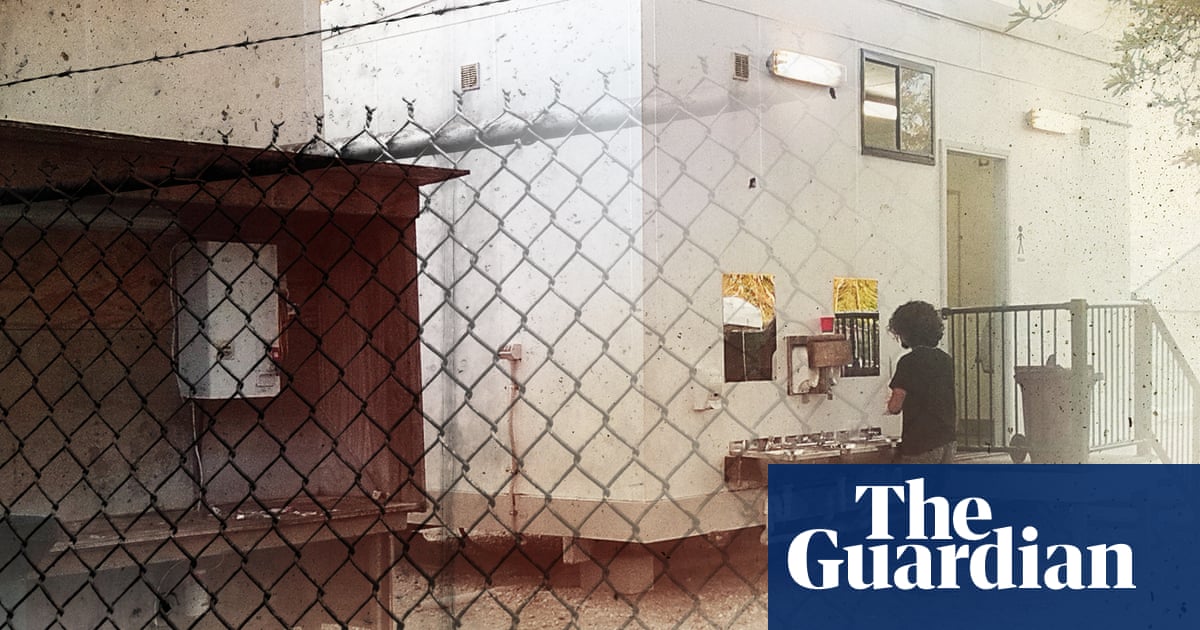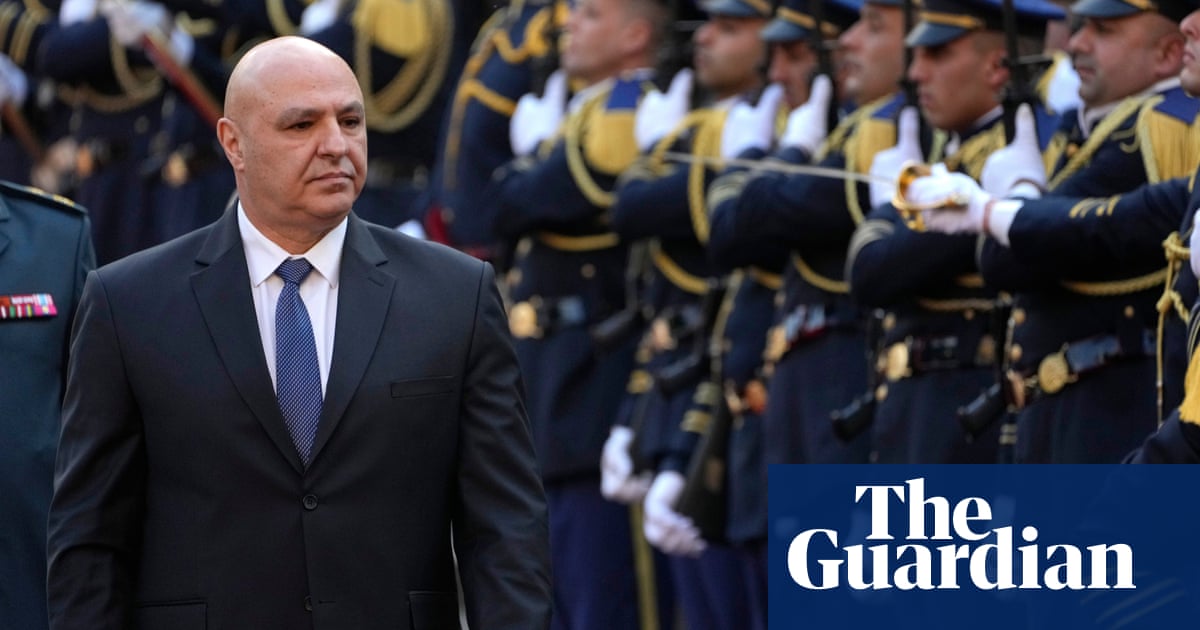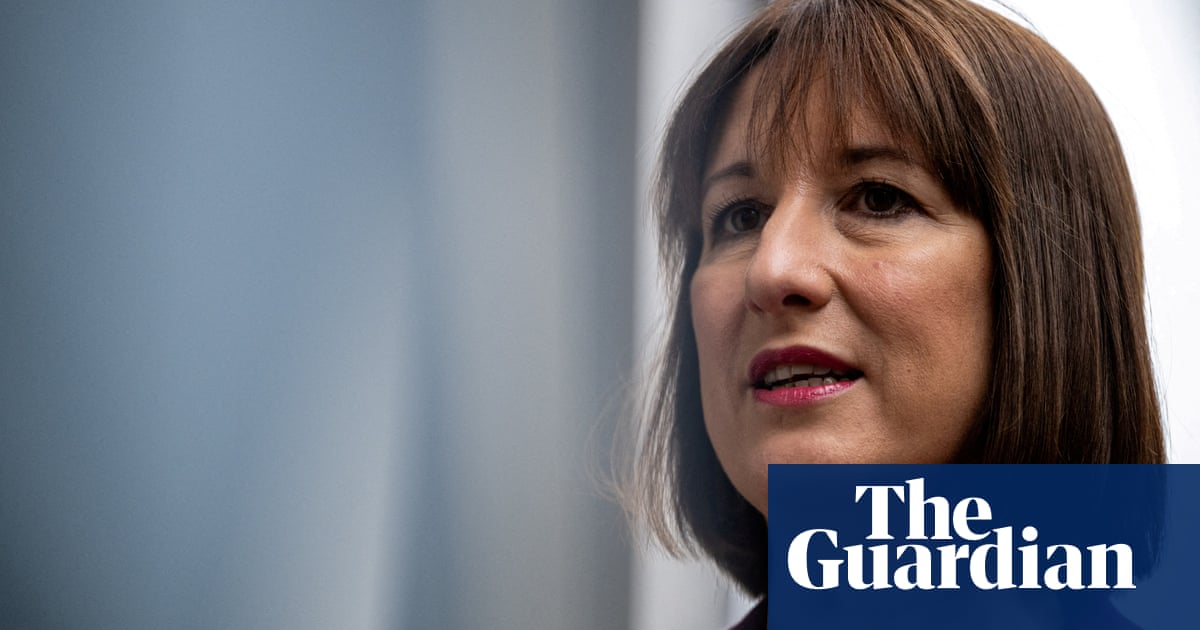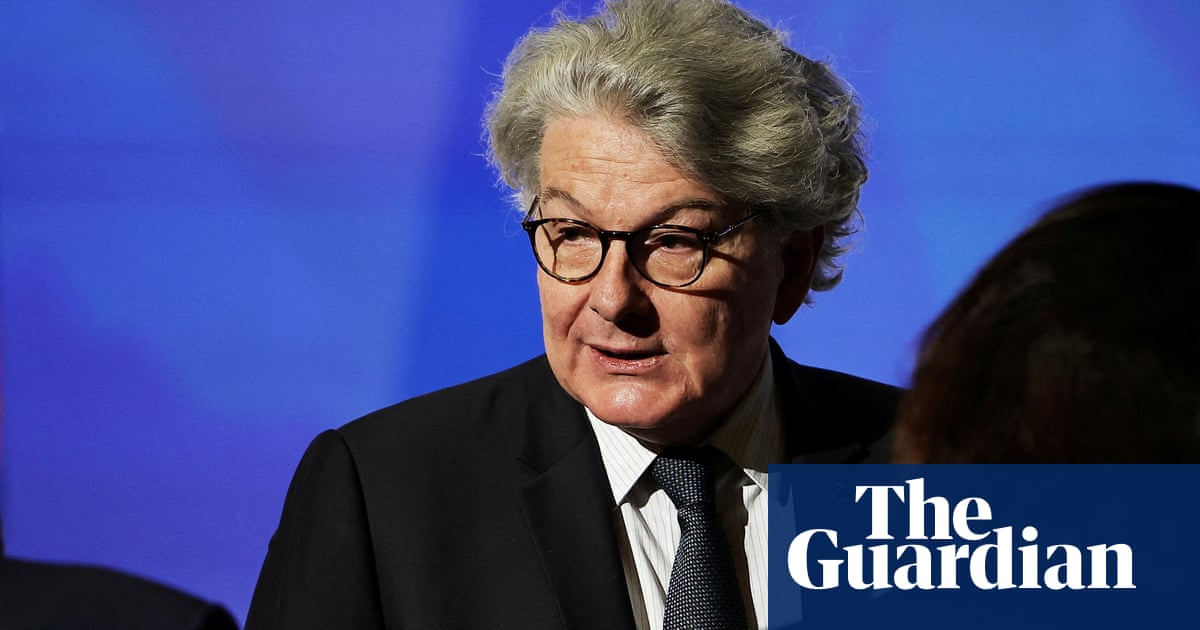The silence on Bourbon Street told much of the story.
At the intersection that marks the centre of New Orleans’s noisy tourist hub, lined with tall palm trees and towering hotels, the quiet on the morning of New Year’s Day was broken only by yellow police tape fluttering in the light breeze and the occasional blare of sirens echoing on the road.
Just a few hours earlier the road had been lined with hundreds of revellers from across the country, young and old, celebrating the new year when around 3am the crowd was targeted in a suspected act of terrorism. A vehicle had plowed into the throngs and a gunman exchanged fire with police, leaving at least 10 people dead and dozens injured. Bleary-eyed witnesses said they had heard the loud popping of gunshots, screams of terror and bodies on the ground.
As the sun rose on New Year’s Day, 28-year-old Casey Kirsch stood at the crime scene perimeter hoping to retrieve his father-in-law’s wheelchair, which had been left behind in the chaotic aftermath. Kirsch had come to New Orleans from Pittsburgh to celebrate the new year with his family, but instead spent the early hours of 2025 frantically trying to ascertain his father-in-law, Jeremi’s, whereabouts.
“We couldn’t get a hold of him and started calling the hospitals,” Kirsch recalled.
They eventually found out he had been injured in the attack and was probably in need of surgery. The magnitude of it all had hardly settled.
“It’s just always disheartening to see something senseless like this,” Kirsch said. “Why? I don’t really understand it.”
His friend, Michael Kroger, 27, had been on the intersection, populated with strip clubs and famed cocktail bars, two hours before the attack.
“There were families out in the street,” he said. “There were fathers with their kids on their shoulders; there were teenagers walking through the street. It was lively.”
Authorities have described the attack as calculated carnage, with police sources telling the Guardian that the gunman, who has been named as Shamsud Din Jabbar according to a senior law enforcement official, arrived with body armor and a helmet. A long gun was recovered from the scene, according to reports, and two police officers were shot but remained in a stable condition. New Orleans’s police commissioner Anne Kirkpatrick described the attack as “intentional behaviour”.
“This man was trying to run over as many people as he possibly could.”
Jessica Tracy, a 39 year-old unhoused woman, had been a block away from the attack as it unfolded.
“I just ran,” she said. “I heard the pops and I just ran from it.”
Jay McGuffey, 28, had been partying inside a club on Bourbon Street when the attack unfolded. She was visiting the city with friends from Mississippi and told the Guardian she had been evacuated from the club and had seen bodies on the ground as she left the area.
“We were just having fun, celebrating New Year’s, and then they told us to get out cause somebody had got shot. Then we heard that a truck had been through here, and 15 people had been shot,” McGuffey said. She had not been able to return to her hotel since the attack and was still wandering the French Quarter early on Wednesday morning as police officers scoured the neighborhood.
Others had just awoken to scenes unimaginable a few hours before. Karen Arnold, 58, was visiting from Detroit and had been staying at the Crowne Plaza hotel, a few dozen meters from the intersection of the attack. She had been out partying with her friends on Bourbon Street but returned to bed at 2am. She heard sirens as she slept and woke to find three white vans from the city’s coroner’s office parked outside her hotel.
She was already packed to leave the city and stood with her friends, contemplating the bloodshed she had missed by minutes.
“I don’t understand it,” she said. “I know we don’t know the details yet, but it seems like it’s so easy for people to get guns that have mental problems and do things like this. That is what I don’t understand.”
By 9am the roads around Bourbon Street had started to creep back into life as passersby looked on in disbelief.
The silence was eventually broken by a controlled explosion that rang out from the crime scene.
Article by:Source Oliver Laughland in New Orleans























